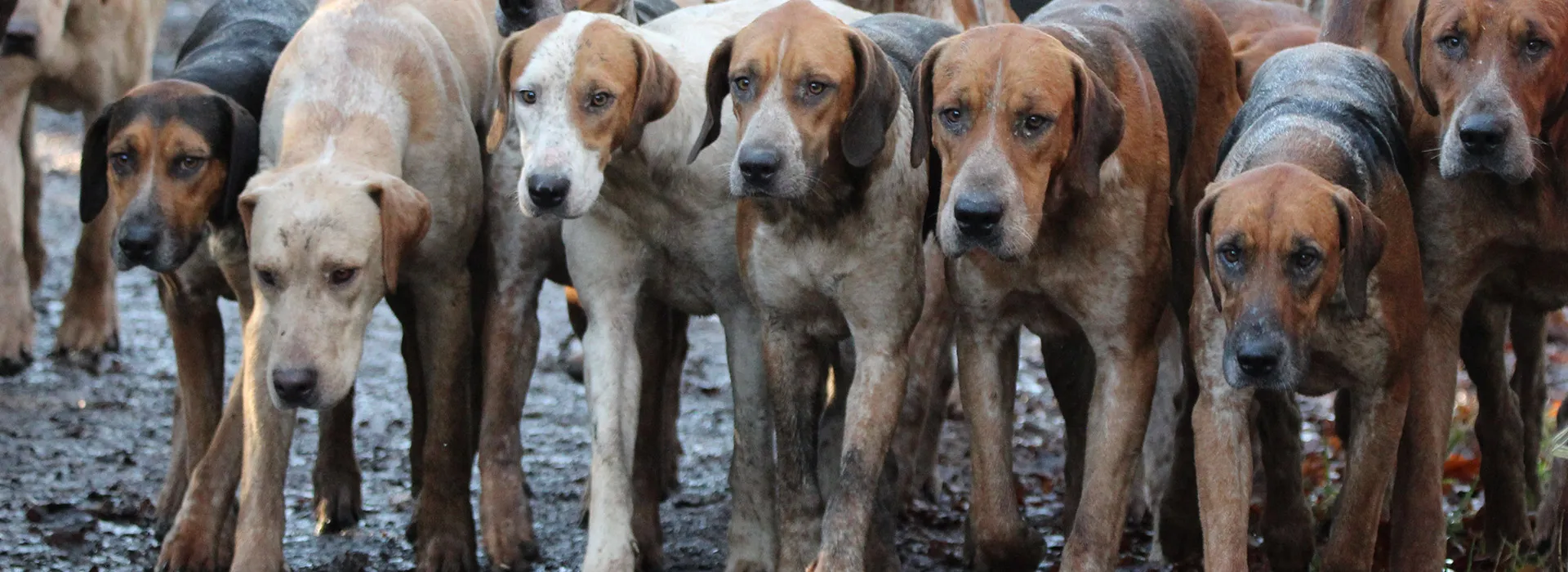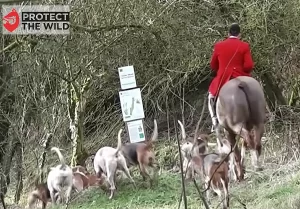Three buzzards and a raven found dead on Deeside last month had been poisoned, according to the RSPB.
The birds were discovered near Crathie on 14 March, the day a new law to protect wildlife came into force.
It bans the possession of certain substances commonly used as poisons, including carbofuran, which the RSPB says killed the four birds.
They were found close together in woodland on the edge of a grouse moor. Police are appealing for information.
RSPB Scotland investigations officer Keith Morton said: “Although buzzards are the most frequent victims of this type of crime and killing them is illegal and deplorable, we are even more worried by the threat posed to golden eagles.
Golden eagle concern
“Recently published research indicates very clearly that illegal persecution – especially poisoning – threatens the survival of golden eagles over large areas of eastern Scotland.
“It may even cause the entire Scottish population to go into long-term decline.”
The dead birds were found on land owned by Invercauld Estate.
Alex Hogg, chairman of the Scottish Gamekeepers’ Association, said: “The gamekeepers’ vehicles and premises were searched and absolutely no evidence was found to suggest that that these birds died as a result of illegal persecution by gamekeepers.”
The association described as “assumption and pseudo-science” the RSPB’s claims that research showed a decline in eagle numbers.
Other factors, including the conversion of land into forest or hunting ground and depleted food sources had not been taken into account.
“These claims… are nothing more than scaremongering; where habitat and food sources are constant on moorland areas, eagle populations are very healthy,” the association said in a statement.
The new law which came into force last month offers greater protection to birds such as the golden eagle, buzzard, red kite and sea eagle.
The provisions in the Possession of Pesticides (Scotland) Order 2005 – including fines of as much as £5,000 and jail sentences of up to six months – will protect not only wildlife but also potential victims of accidental poisoning such as children and domestic pets.






